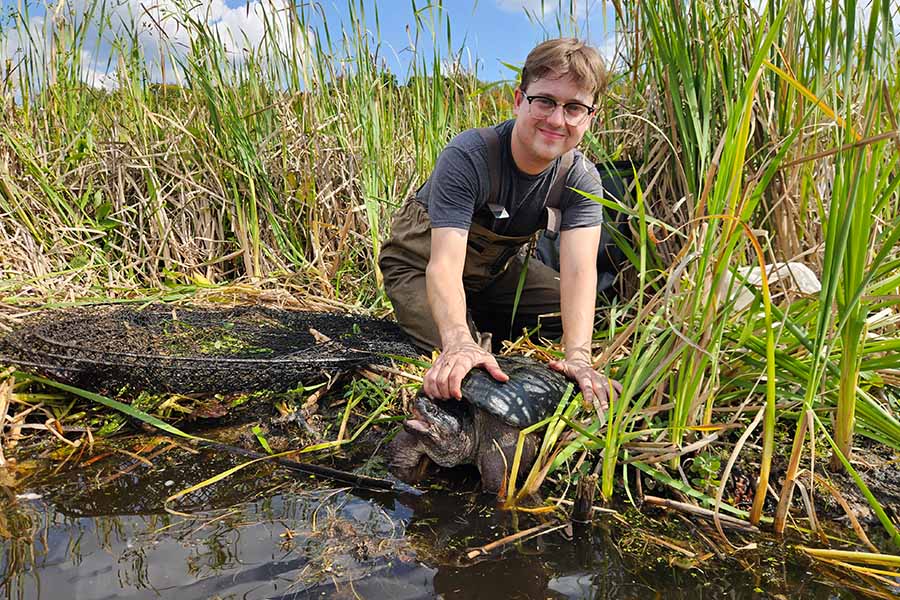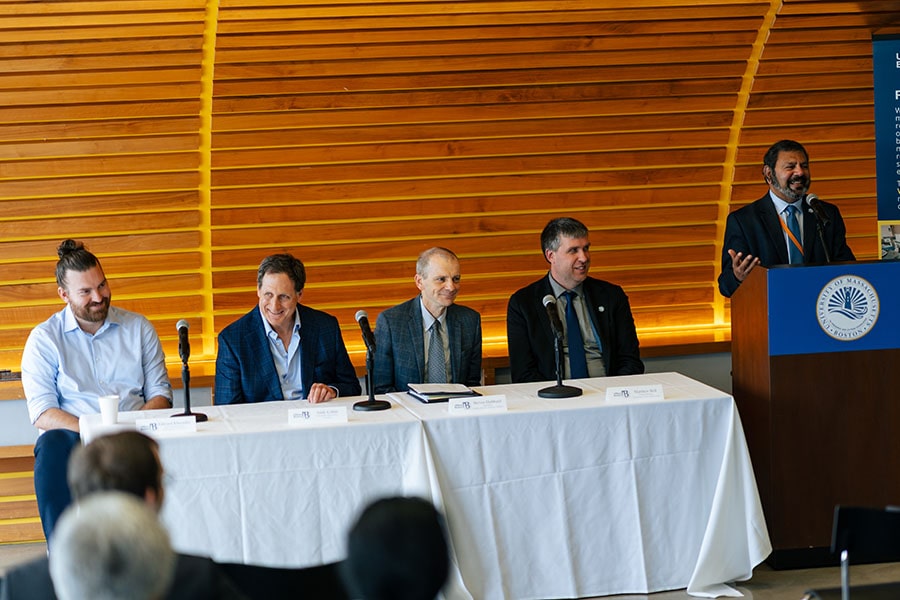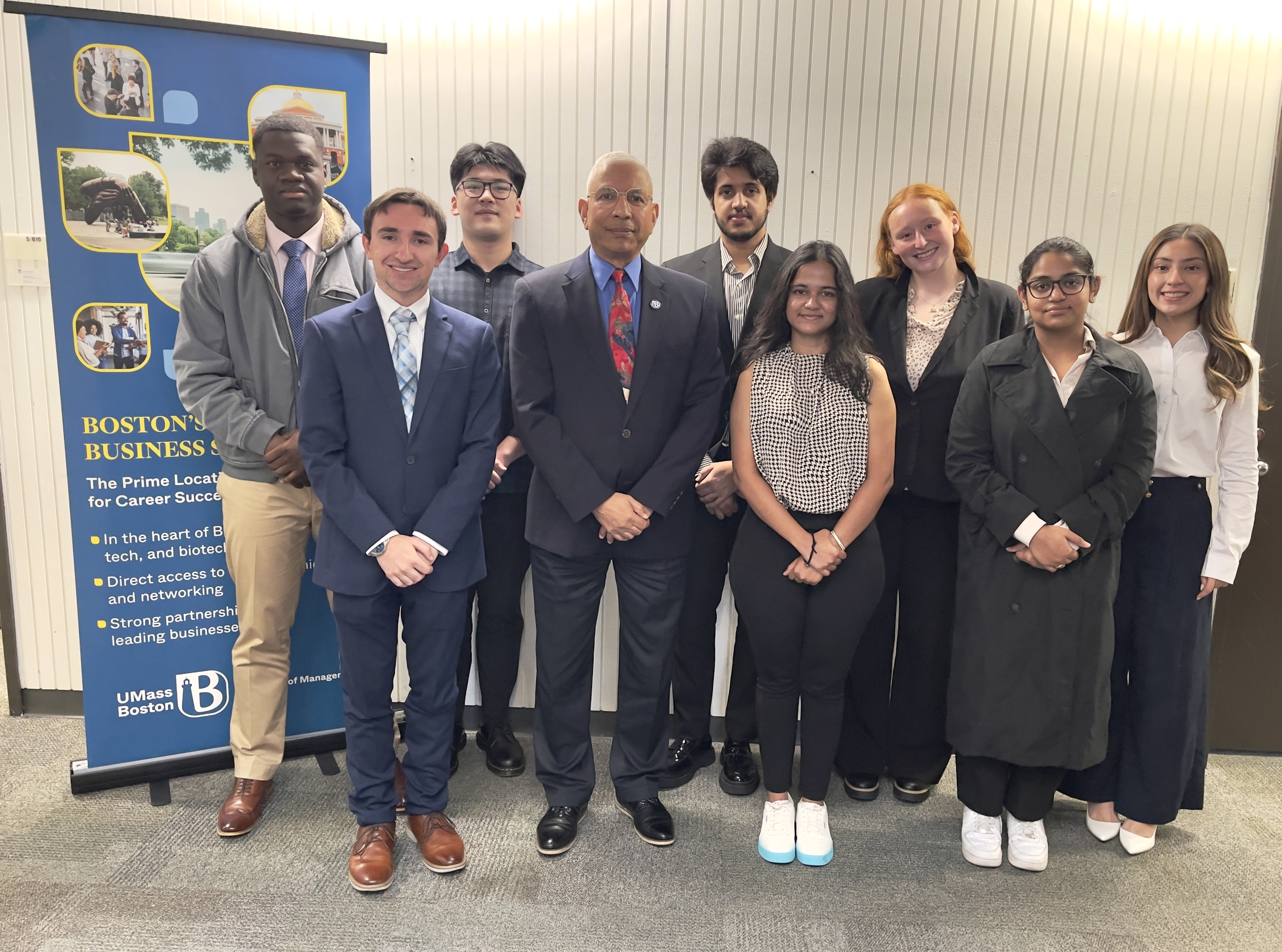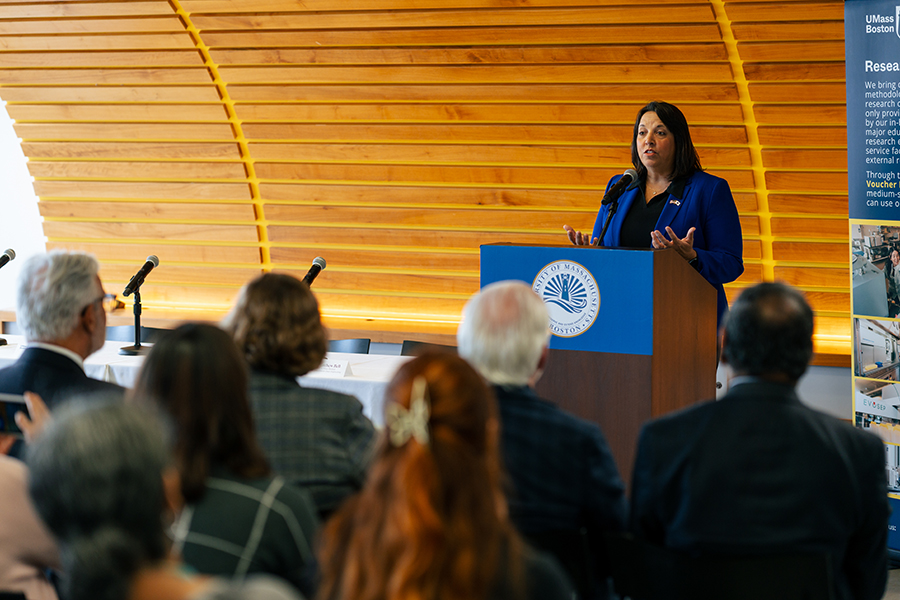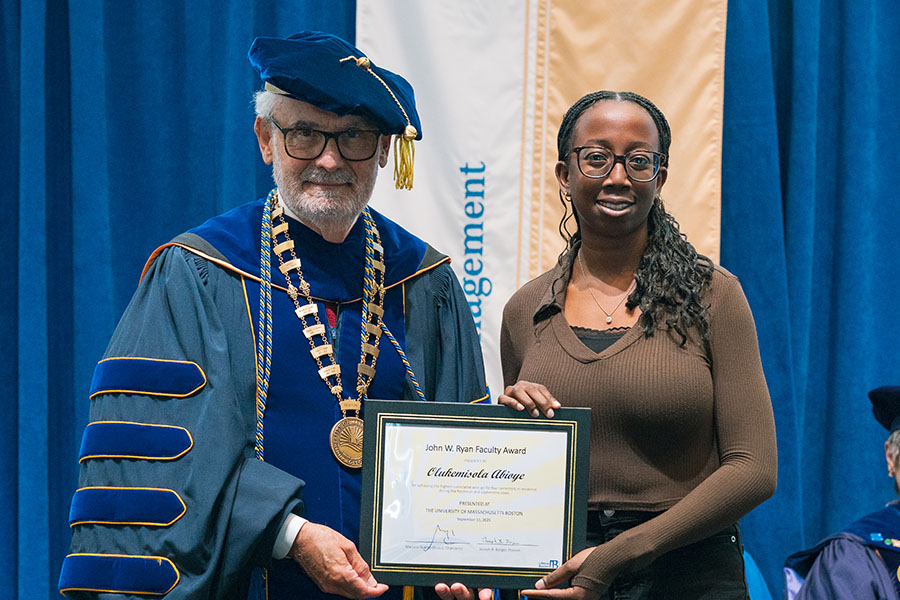Understanding Benefits and Barriers to Managed Retreat
Moving infrastructure, people, and property out of vulnerable coastal areas is one of many ways in which communities can prepare for and respond to the impacts of sea level rise and climate change. This strategy, sometimes called “managed retreat”, is not widely implemented in Massachusetts; however, as sea levels continue to rise, retreat may become necessary in some areas.
To understand more about the potential for retreat, UHI surveyed municipal staff throughout the Commonwealth’s coastal communities. We wanted to know if people were considering retreat, and if so, the primary benefits and barriers to this approach. Responses showed that, while people believe retreat can reduce flooding and maintenance of built structures and enhance natural resources, implementation is difficult for many reasons including financial costs, legal and regulatory barriers, and emotions associated with retreat. Participants highlighted the need for funding, education, and regulatory tools to advance conversations about moving away from the coast. The open-ended responses to survey questions are included in the report to emphasize the variety of challenges and the types of opportunities participants identified.
In a webinar led by UHI on the study, attendees noted the need for better terminology for the approach—one that can reframe peoples’ relationships with the coast and portray retreat as something other than “giving up”. Additional comments highlighted topics for future analysis and conversation, including the relationship between equity and retreat, the scale at which planning for retreat could happen, the roles of state and federal governments in facilitating retreat, and ways to engage people in discussions about moving away from vulnerable coastal areas. During the webinar, participants also highlighted several resources that may be of interest to those wanting to know more about retreat. That list, while not comprehensive, is below.
UHI will continue to conduct research and host conversations about retreat, along with other strategies for addressing coastal impacts of climate change. We welcome feedback on the study and encourage people to reach out to Kristin Uiterwyk (kristin.uiterwyk@umb.edu) or Kim Starbuck (Kimberly.starbuck@umb.edu) with questions or ideas for future work on the topic.
Resources & Tools Identified by Webinar Participants:
MVP Action Grant – Long Term Coastal Resiliency Plan – Town of Marshfield: https://www.marshfield-ma.gov/planning-department/pages/mvp-action-grant-long-term-coastal-resiliency-plan
Orleans Outer Beach Management Plan, Orleans, MA: https://www.town.orleans.ma.us/DocumentCenter/View/1485/Orleans-Outer-Beach-Management-Plan-PDF
Plum Island: Exploring the Fiscal and Economic Implications of Sea Level Rise: https://www.mass.gov/doc/final-report-29/download#:~:text=As%20a%20result%20of%20sea,increase%20and%20ultimately%20become%20untenable.
Nantucket Coastal Resilience Plan: https://www.nantucket-ma.gov/2030/Coastal-Resilience-Plan
Hull Climate Adaptation Roadmap: Hampton Circle Area: https://www.town.hull.ma.us/climate-adaptation-conservation/pages/hull-climate-adaptation-roadmap-hampton-circle-area
Managed Retreat: An education and communication tool (Cape Cod Commission): https://capecodcommission.org/our-work/managed-retreat/
Martha’s Vineyard project looking at marsh migration in 30 years and how to have conversations about options within marsh migration zones (contact: Liz Durkee, MV Commission: https://www.mvcommission.org/mvc-staff)
CZM web map depicting potential marsh migration areas derived from Sea Level Affecting Marshes Model (SLAMM) data. It is one of several iterations that will be published. Metadata is forthcoming and integration with other tools will come. https://mass-eoeea.maps.arcgis.com/home/item.html?id=b41a4c7d55d34bcf925a34711dca7515
CLF’s Climate Change and the Massachusetts Public Waterfront Act: A report on the future challenges and opportunities facing the Massachusetts Waterways Program: https://www.clf.org/wp-content/uploads/2019/03/CLF_ClimateChangeReport2.pdf
CZM's Coastal Resilience Grant Program, which can help with proactive planning and implementation and where you can out more about the projects that have been funded: https://www.mass.gov/service-details/coastal-resilience-grant-program
CZM Grant Viewer for information on grant-funded projects: https://mass-eoeea.maps.arcgis.com/apps/webappviewer/index.html?id=55671f1a117c4139874543bba50b8a3c
An Act Establishing a Massachusetts Flood Risk Protection Program: https://malegislature.gov/Bills/193/S559
An Act to Create a Commission to Determine the Feasibility of Voluntary Acquisition of Flood Risk Properties and Structures: https://malegislature.gov/Bills/193/H876
Resolve to Create a Commission to Determine the Feasibility of Voluntary Acquisition of Flood Risk Properties and Structures: https://malegislature.gov/Bills/193/S557
Climigration: https://www.climigration.org/
Columbia University Managed Retreat conferences, including session recordings from past conferences https://adaptation.ei.columbia.edu/retreat/home
Georgetown Climate Center’s Managed Retreat Toolkit: https://www.georgetownclimate.org/adaptation/toolkits/managed-retreat-toolkit/introduction.html
Latest University News
- Biology Team to Survey Reptiles and Amphibians in National Parks with $190K NPS Cooperative AgreementProfessors of Biology Rob Stevenson and Doug Woodhams, from the College of Science and Mathematics, have received a two-year award for $190,000 from the Department of the Interior’s National Park Service to develop a comprehensive survey of reptiles and amphibians in participating parks.
- In Fruit Fly Eyes, UMass Boston Researcher Sees Potential Medical DiscoveriesJens Rister, an associate professor in UMass Boston’s biology department, has just been awarded more than $1,700,000 in funding from the National Eye Institute of the NIH to research a protein that guides the development of color vision in fruit flies. By learning more about the underlying mechanisms, Rister hopes to learn about human diseases such as Oculoauricular Syndrome, a genetic condition that affects eyes and ears.
- Quantum Experts Discuss Impact of Investment on Students, Science and BusinessesFollowing the announcement that UMass Boston will be receiving a $3.8M grant to develop and commercialize quantum hardware, expert panelists discussed the positive impact that investment in quantum research can have.
- College of Management Welcomes a Global Cohort of Dean’s Student AmbassadorsThe College of Management at the UMass Boston is proud to announce its newest cohort of Dean’s Student Ambassadors–an extraordinary group of undergraduate leaders who will represent the College throughout the 2025-2026 academic year.
- UMass Boston Secures $3.8M for Collaborative Expanding Quantum Hardware Development, CommercializationMassTech Builds on its Support of UMass Boston, Western New England University-led Initiative
- Olukemisola “Kemi” Abioye has been recognized as the 2025 Ryan Award winner after achieving the highest cumulative GPA over four semestersAfter years of hard work and learning to balance extracurriculars with jobs, internships, and school, Kemi Abioye received the 2025 Ryan Award at UMass Boston.








